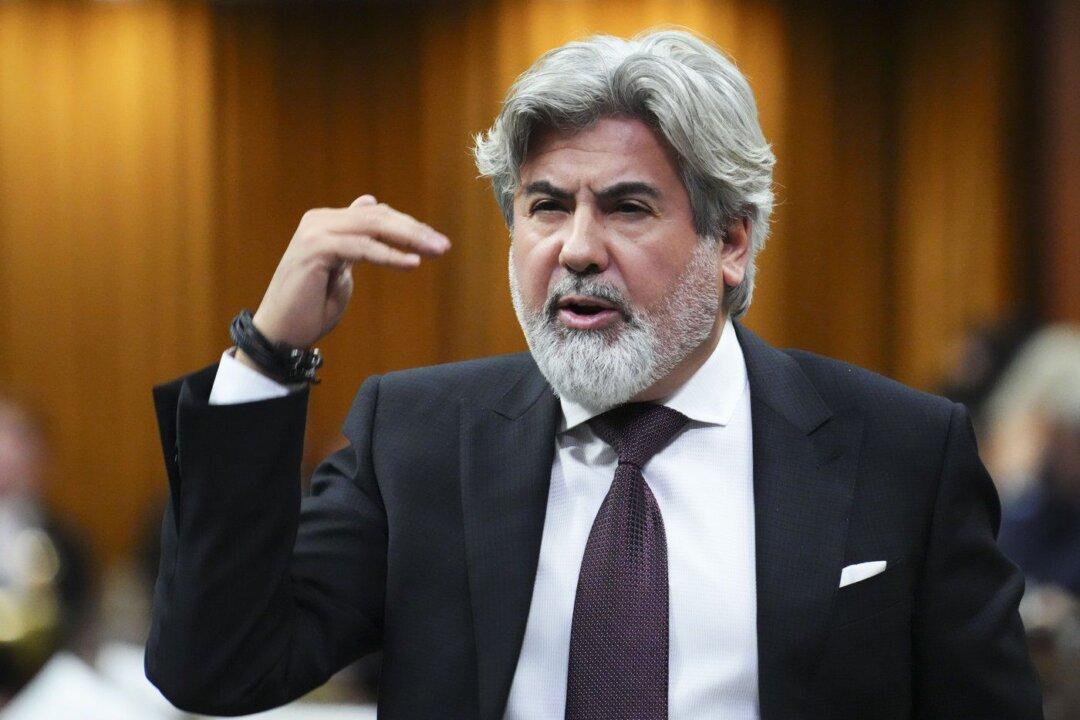Commentary
The big debate about the future of Canada’s mainstream media these days won’t be about whether or not its newsrooms will be made dependent on the good graces of Justin Trudeau’s government. That’s over.

The big debate about the future of Canada’s mainstream media these days won’t be about whether or not its newsrooms will be made dependent on the good graces of Justin Trudeau’s government. That’s over.